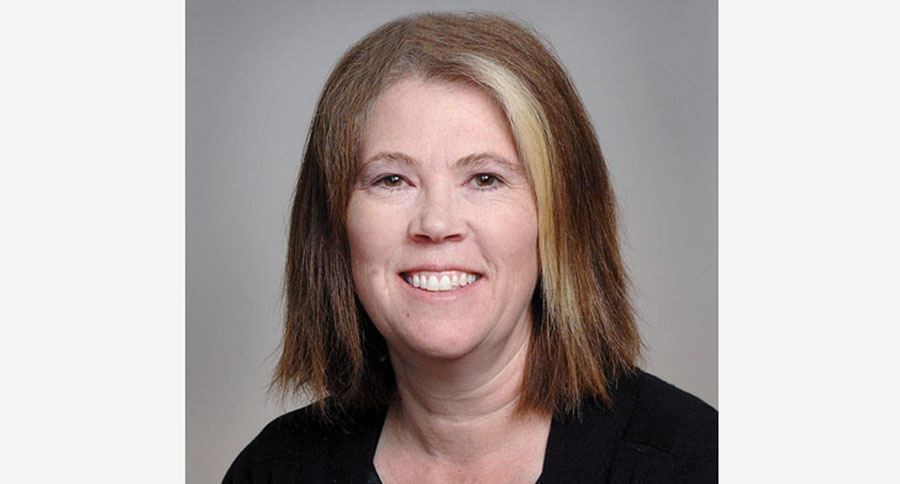Most of us of a certain age will remember the red coat that appeared in the black and white image of corpses on a barrow in the film Schindler's List. The image is a still in our memories: without any words spoken, you knew that the little girl with the curly hair had met the worst fate that mankind can deliver. A fate sealed by hatred, fear and politics and the coat told the story. The only saving grace for our emotions was the fact that this scene memorialized a time in history and that the child and the red coat were both fictionalized representations of some other time and place.
I was drawn to this memory when I saw the lifeless body of Alan Kurdi in his little red shirt. But, this time I have no way of escaping the truth. This child is not a fictionalized character. This real human life has been extinguished and none of us can simply flip on a different Netflix's movie. The haunting picture of Alan will be the one I see now when I think of children caught in the tangles of politics and war.
But what do we say about what is happening right now? There has been a great deal of media coverage about migration and immigration and refugees and it is easy to conflate these terms and to lose the very notion of humanity in the process.
As I scoured media sources to write this column I found an incredible image in an article entitled, The cartoon that sums up the world's migrant crisis. The cartoon shows a ship with the captain yelling overboard to a clearly unseaworthy boat packed with faceless human beings. The captain calls out, "Where are you from?" The boat dwellers collectively answer: "Earth." The article was written by Matthew Champion and he notes that, "...the cartoon is actually from 2014 and from Australian cartoonist Simon Kneebone, who drew it in response to boats of people trying to reach Australia from Indonesia." He interviewed Kneebone and asked, "What prompted you to draw the cartoon?" Kneebone answered: "In recent years there have been many boatloads of people, originally from Iraq, Afghanistan, Sri Lanka and now Syria attempting to reach Australia from Indonesia.
"There have been incidents that have shown just how dangerous the voyage could be - a film of a boat breaking up on rocks at Christmas Island in a storm, refugees struggling in the waves. However, what inspired the cartoon was the hardening attitude shown by our government in talking about these people. Slogans like 'stop the boats' morphed into 'turn back the boats;' refugees, if they did get picked up, would be sent to offshore detention centres and told that they could expect never to be resettled in Australia. To me this attitude purposely ignored the actual people who were driven to leave their homes, family, culture and former lives. I don't think anyone would do that lightly. So the cartoon tried to take a step back, and show that we are all humans on a small planet, trying to hang on."
The answer given here by Kneebone and the image of Alan should put into the perspective the enormity of the decision made by a family to flee from a desperate situation. No one could look at the prospect of escape without considering the dangers. So the dangers must seem better than the alternative.
Furthermore, this cartoon reminds us that borders are really man-made constructions. They have come to represent walls, metaphoric and, often literal, that allow us to "keep other people out." It should not be lost on us that Donald Trump casually made comments about "building walls" and although we could dismiss his hubris, the fact is that his comments reflect the oft-held value that nations matter more than human beings.
And what of Canada? Bruce Anderson, a regular contributor to the CBC's At Issue panel, was asked about how this crisis may impact the upcoming election. His answer was telling because he said that this story may only hold our attention briefly unless it remains part of the larger media discussion. But he also said that the issue might make Canadian's reflect on the question of our values as a country: what are they and have they changed? The truth is we should be asking ourselves this question every day and not just at election time, because Alan deserves that.



